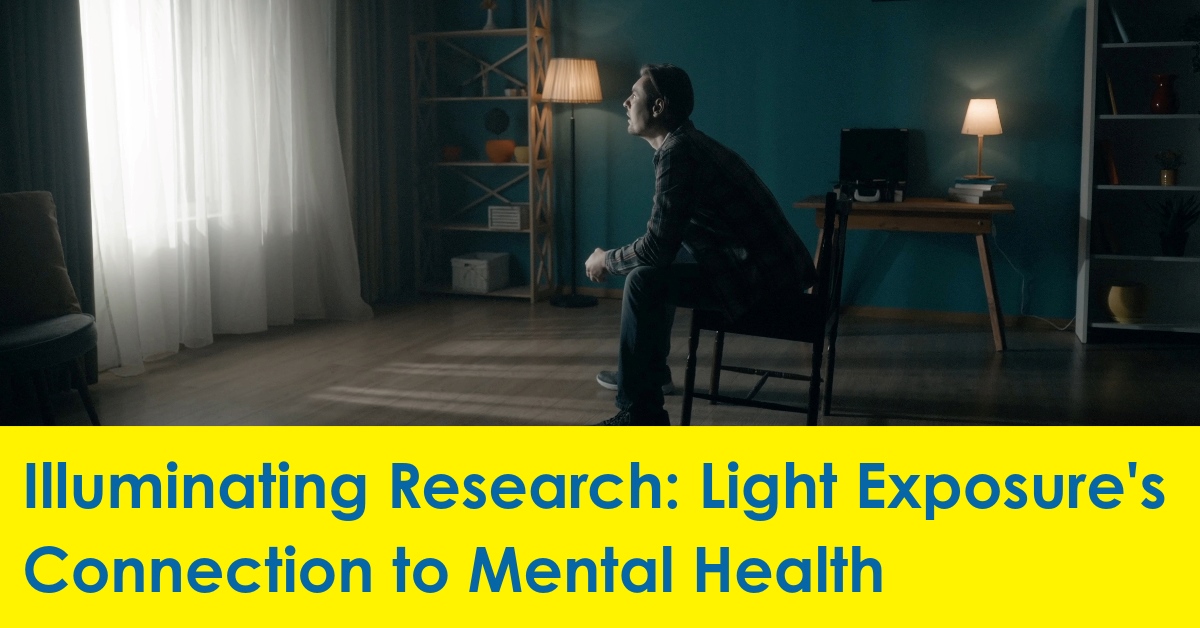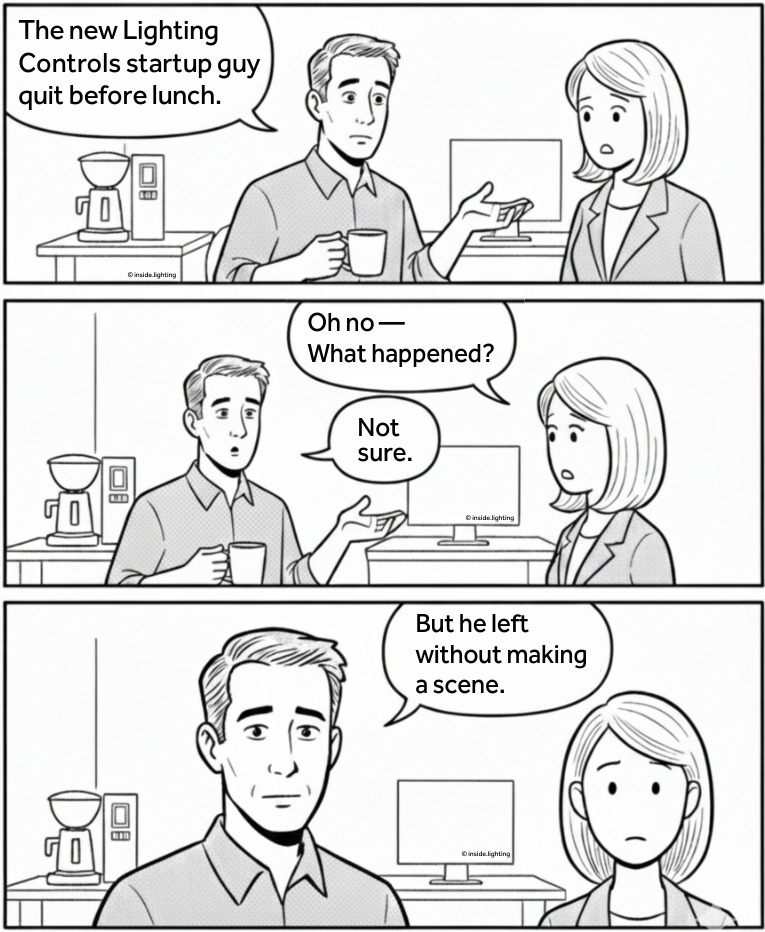October 12, 2023
Illuminating Research: Light Exposure's Connection to Mental Health

Timing and duration of light exposure found to significantly impact a range of psychiatric disorders
New research published on Monday emphasizes that both the amount and timing of light exposure play significant roles in affecting our mental well-being.
In the most extensive study of its kind, Australian researchers have discovered that nighttime light exposure heightens the risk of various mental health disorders, whereas daytime light exposure diminishes such risks. Encouraging the use of natural light during the day and minimizing artificial light during the evening could be a non-medical approach to bolster mental health.
The comprehensive study involving 86,772 adults averaging around 62 years of age, the researchers revealed the following:
-
Night-time Light: Persistent exposure to light during nighttime hours has been linked to an elevated risk of various mental health disorders. These include major depressive disorder, generalized anxiety disorder, PTSD, psychosis, bipolar disorder, and increased tendencies toward self-harm.
-
Daytime Light: Conversely, increased light exposure during daytime offers protective benefits. It correlates with a decreased risk of major depressive disorder, PTSD, psychosis, and self-harm behaviors.
After accounting for variables such as physical activity, sleep quality, and overall health, these findings remained consistent. For those in the lighting industry, the results emphasize the need for designing lighting solutions aligned with our innate circadian rhythms. This means promoting daytime light exposure while minimizing it during the night.
Simply put, embracing natural light during the day and reducing artificial light exposure at night could be a non-pharmacological strategy to enhance mental health.
This study, led by Associate Professor Sean Cain from the Monash School of Psychological Sciences and the Turner Institute for Brain and Mental Health in Melbourne, Australia, is featured in the journal Nature Mental Health. Professor Cain remarked on the study's implications, noting, "Our findings will have a potentially huge societal impact."










